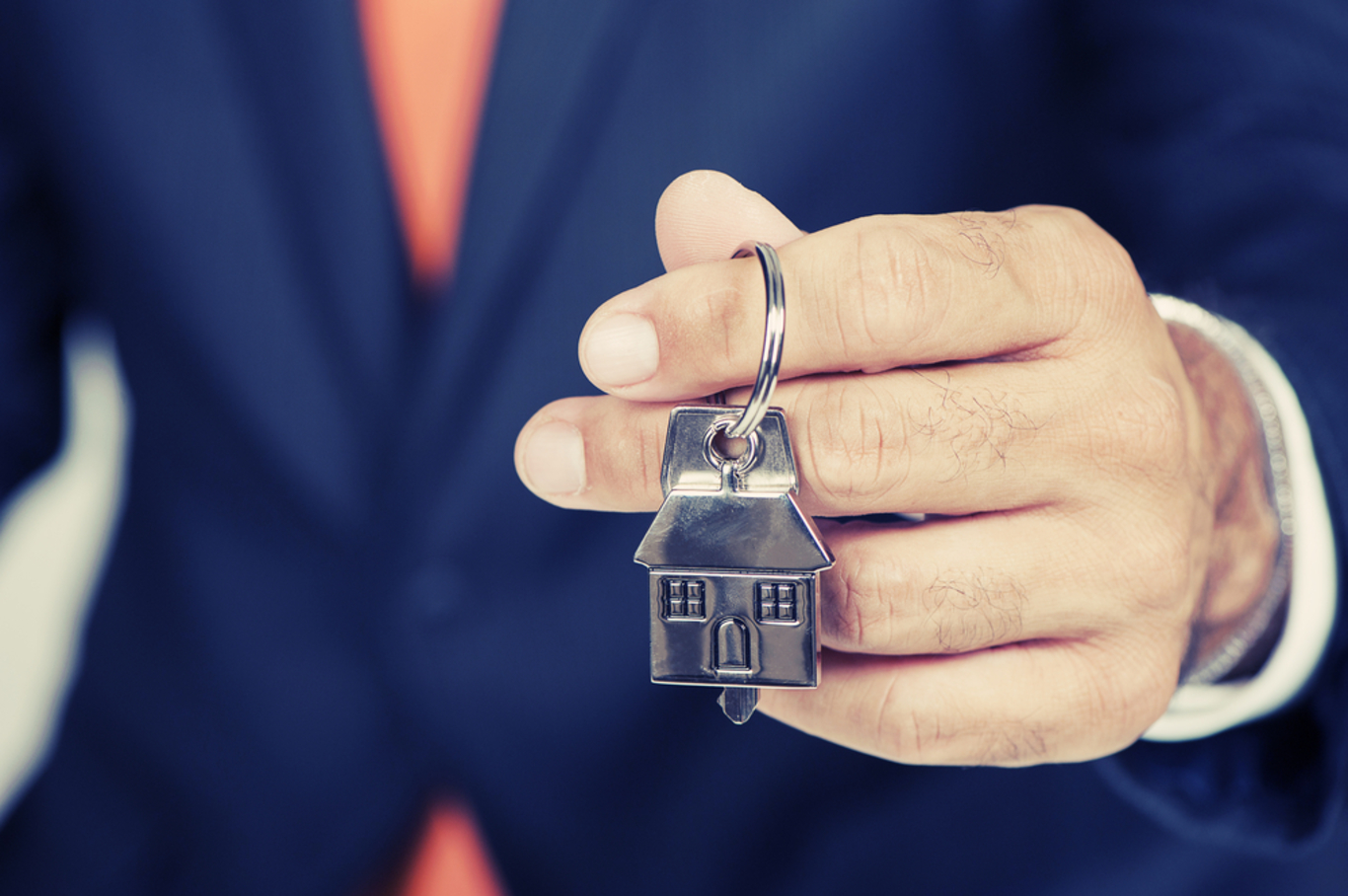Here's why buying a website for your business is like investing in property
Social media can be useful, but so can owning your own space on the web.
Let’s try to end an old debate. Which is more important for a business: having a website or a Facebook page?
Many small business owners are perplexed by this choice. Some complain about low visitor numbers to their website and a confusing array of site maintenance tasks.
Meanwhile, those building their reputation through social networks like Facebook, LinkedIn and Twitter seem to enjoy simple and free access to an ever-growing audience of followers.
According to a recent study by IEDR, about two-thirds of Irish SMEs have a social media presence and most of those who do so say they benefit from the increased business awareness it generates.
Perhaps it’s finally time to abandon websites and focus instead on building an audience on social networks?
Issues
But there are some wider issues we need to consider. Social networks exist in a perpetual state of reinvention.
Facebook, now the world’s largest social network with 1.8 billion monthly users, started out by ensuring that everything a business posted to the network would be seen by 100% of their connections.
Yet today business posts rarely reach 10% of connections, and your reach may be even lower. Have you been posting updates and not receiving much engagement? This could be down to the simple fact that people are just not seeing your updates in their feed.
Renting versus buying
This dramatic dilution of free, organic reach is just one of the ways that social networks alter their terms of use over time.
Put simply, when a business builds a presence on a third-party network it becomes a tenant living free of charge in someone else’s online home.
Your business is subject to the decisions of another company, without any of the guarantees or protection that you might expect from a bricks-and-mortar investment or long-term rental agreement.
On the internet, if the landlord wants to change the rules, they can, immediately and often without warning.
Control
In contrast, a business website is exclusively controlled by you and your company. Nothing can happen to that website without your permission, and you decide how information should be presented and updated.
Having your own website is the equivalent of buying a property—in effect, being the landlord—affording you far more protection in the long-term than renting.
Websites also offer fully customisable e-commerce capability. E-commerce is big business for Ireland and it continues to grow as more consumers and more businesses connect to the internet to buy and sell.
Having a digital store under your control means customers at home and internationally can browse and buy your goods and services 24/7.
The good news is that creating and maintaining a website is far easier today than ever before. Many hosting platforms are self-updating, ensuring your site is always protected from the latest security threats and giving you early access to new features.
Website-building platforms such as Squarespace, Weebly or Wix put simple web design tools within reach of even the most cautious of computer users.
The verdict
So, with all things considered, which is more important: a website or a Facebook page?
My answer is they are both important for modern SMEs. Every business owner should begin by creating a website to serve as their permanent home on the internet.
Easy-to-use tools will then allow them to transform it into an e-commerce platform, reaching and selling to customers in Ireland and abroad.
Once a website is established and fully functional, many may also benefit from developing an active presence on relevant social networks like Facebook to reach a wider audience and ultimately convert them into happy, paying customers.
Allister Frost is a digital marketing expert and founder of Wild Orange Media. He spoke at Ireland’s Internet Day 2016 as a guest of IEDR.
If you want to share your opinion, advice or story, contact opinion@fora.ie.






